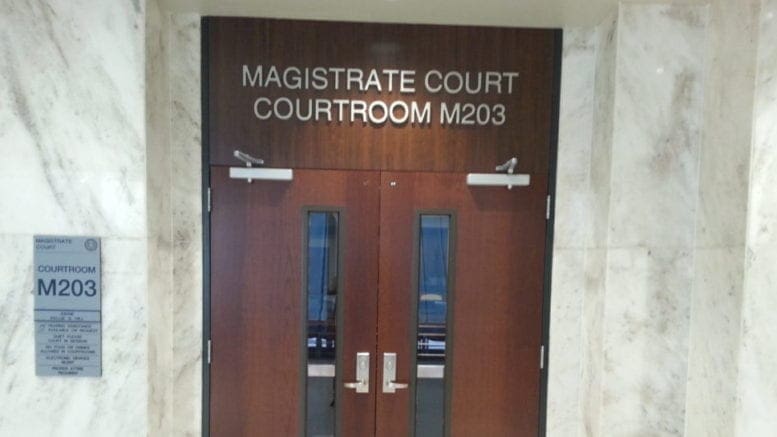Cobb County Chief Magistrate Judge Brendan F. Murphy updated his eviction FAQ with information about the U.S. Supreme Court’s recent decision to strike down the eviction moratorium put in place by the CDC.
He added to the FAQ:
In an August 26, 2021 decision, the Supreme Court of the United States ended the nationwide Temporary Halt in Residential Evictions in Communities with Substantial or High Levels of Community Transmission of COVID-19 to Prevent the Further Spread of COVID-19 issued by the CDC on August 3, 2021.
The U.S. Supreme Court’s per curiam opinion granted the Plaintiffs’ application to vacate the stay of the order of the U.S. District Court for the District of Columbia which had earlier struck down the CDC Order.
Defendants may elect to appeal the District Court’s order to the Circuit Court, and Congress may consider legislative action. Therefore, the Magistrate Court will continue to closely monitor any legal developments out of Washington.
Background on eviction moratorium
An eviction moratorium, put in place by the CDC to prevent the spread of COVID-19 due to an expected wave of homelessness brought on by nationwide mass eviction, was ended by the U.S. Supreme Court in a decision on August 26, 2021.
The moratorium was the last in a series of extensions put in place since the pandemic began.
The Congressional Research Service wrote about the beginning of the moratorium:
On September 4, 2020, the Centers for Disease Control and Prevention (CDC) imposed a nationwide temporary federal moratorium on residential evictionsfornonpayment of rent. The stated purpose of the order is preventing the further spread of Coronavirus Disease 2019 (COVID-19), specifically by preventing homelessness and overcrowded housing conditions resulting from eviction.
The majority decision of the court stated, in striking down the moratorium, “If a federally imposed eviction moratorium is to continue, Congress must specifically authorize it.”
Justice Stephen Breyer wrote in his dissent, “These questions call for considered decision-making, informed by full briefing and argument,” he wrote. “Their answers impact the health of millions. We should not set aside the C.D.C.’s eviction moratorium in this summary proceeding.”

